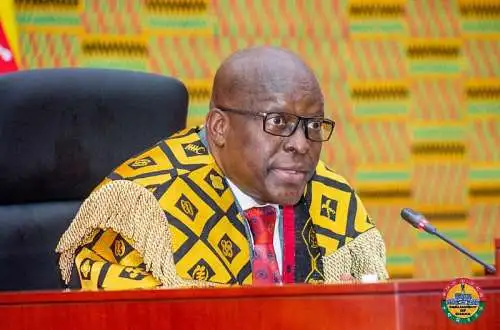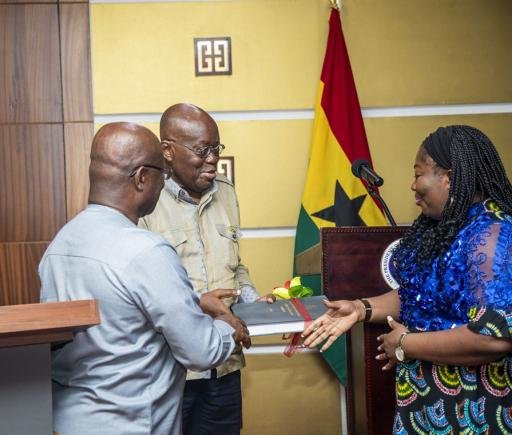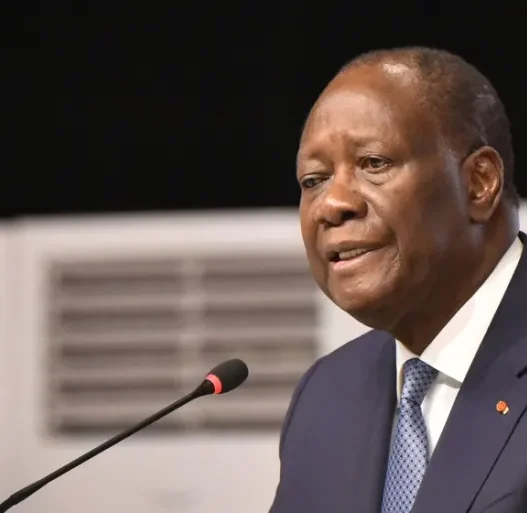Nigeria has firmly denied accusations from Niger’s military leader, Brigadier General Abdourahmane Tchiani, who accused the Nigerian government of colluding with France to destabilize his junta-led regime. The allegations have heightened tensions between the two neighboring countries, which have been embroiled in diplomatic disputes since Niger’s military coup in July 2024.
The Accusations from Niger’s Junta
In a statement issued earlier this week, Brigadier General Tchiani, who leads the military junta that seized power in Niger, claimed that Nigeria had been working in tandem with France to undermine the stability of Niger’s new military government. According to Tchiani, this alleged collaboration was part of an ongoing effort by France—which has had historical influence in the region—to regain control over Niger, particularly in relation to the country’s uranium reserves and strategic positioning in the Sahel.
The junta leader’s accusations focused on Nigeria’s support for sanctions imposed by the Economic Community of West African States (ECOWAS), a regional body that has been critical of the coup and has pushed for the reinstatement of Niger’s elected president. Tchiani specifically pointed to Nigeria’s participation in economic and diplomatic measures against Niger, including an embargo on goods and freezing Nigerien assets, as evidence of its complicity with French interests.
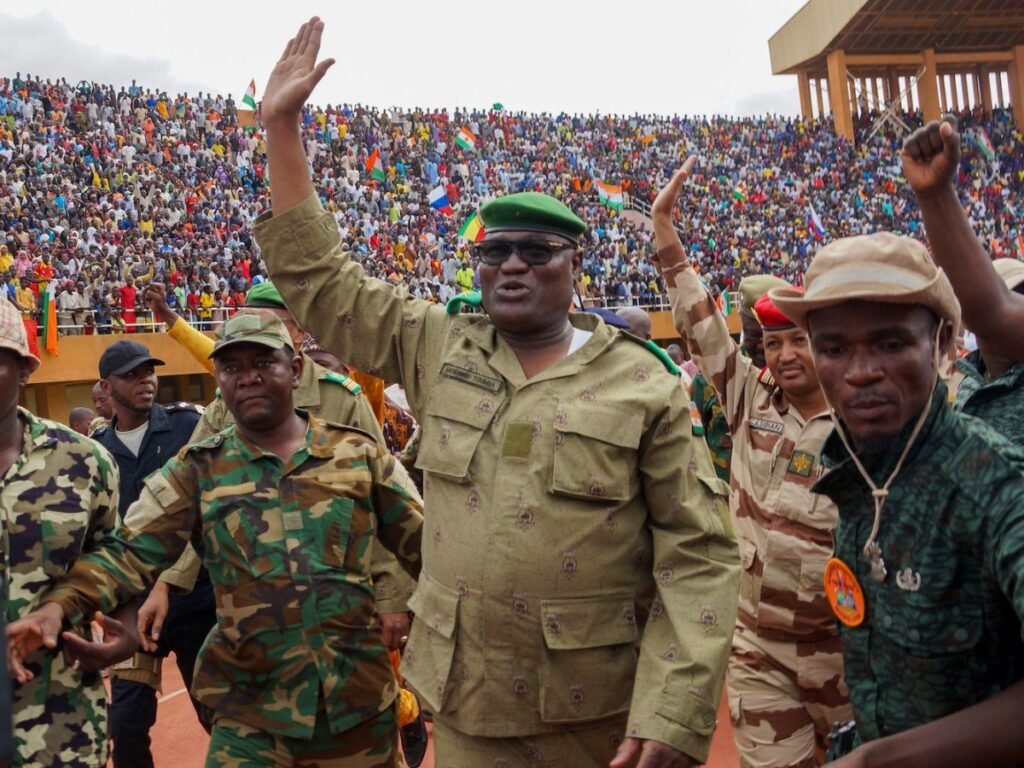
Nigeria’s Response
In response, Nigerian officials have categorically rejected these allegations, calling them “unfounded” and “irresponsible.” A Nigerian government spokesperson emphasized that Nigeria’s actions, including its support for ECOWAS, were driven by a commitment to regional stability and the rule of law, rather than any ulterior motive related to France.
“Nigeria has consistently advocated for the restoration of democratic governance in Niger,” the spokesperson said. “We reject any suggestion that our country is involved in destabilizing Niger or that we are working with external powers to harm the interests of the Nigerien people.”
The Broader Context: ECOWAS and Regional Tensions
The rift between Niger’s military junta and Nigeria is part of a larger struggle over the future of the Sahel region, where instability has been exacerbated by a series of coups in countries like Mali, Burkina Faso, and Guinea. ECOWAS, which Nigeria is a member of, has taken a hard stance against military takeovers, seeking to reinstate civilian rule through diplomatic and economic pressure.
The accusations also highlight the growing influence of anti-colonial sentiments within the Sahel, especially following Niger’s decision to expel French diplomats and sever military ties with France. This shift has caused friction not only with France but with countries like Nigeria, which continue to view France as a key partner in regional security efforts, particularly in combating jihadist insurgencies.
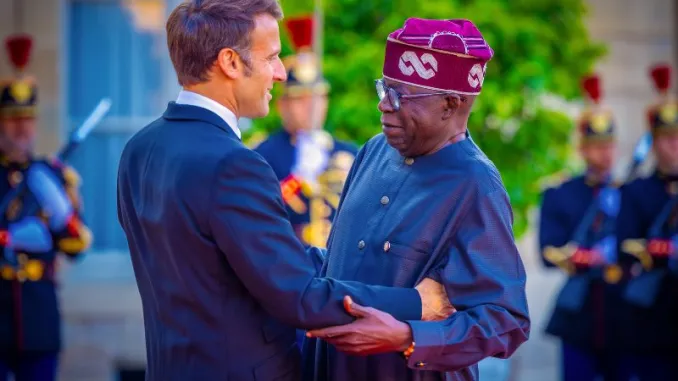
The Role of France in the Sahel
France’s involvement in the region has long been a point of contention. Under former President Emmanuel Macron, France launched a major military operation called Operation Barkhane, aimed at countering jihadist groups in the Sahel. However, following a series of coups, including in Mali and Burkina Faso, France’s influence has waned, with many in the region accusing the former colonial power of interfering in internal affairs.
In this context, Niger’s junta has increasingly aligned itself with countries like Russia and other regional actors in an attempt to challenge French dominance in the area, a move that has put it at odds with neighboring states like Nigeria, which continue to have a more pro-Western stance.
A Delicate Diplomatic Situation
The diplomatic standoff between Nigeria and Niger is fragile, with both sides under pressure to manage their relationship without escalating tensions further. Nigeria, as the most populous country in Africa and a key player in ECOWAS, has a significant stake in the stability of the Sahel. However, its leadership role within ECOWAS could be compromised if tensions with Niger continue to rise, especially as Niger’s military junta strengthens ties with non-Western powers.
Meanwhile, the international community, including the African Union and the United Nations, has called for dialogue and peaceful resolution to the crisis, urging all parties involved to avoid further escalation.
Conclusion
As accusations of collusion between Nigeria and France continue to shape the narrative surrounding the Nigerien military junta, the political situation in the Sahel remains precarious. The conflict highlights the complex interplay of regional security, historical ties, and shifting alliances in West Africa. The diplomatic rift between Niger and Nigeria is a pivotal moment, with the potential to alter the balance of power in the region.













